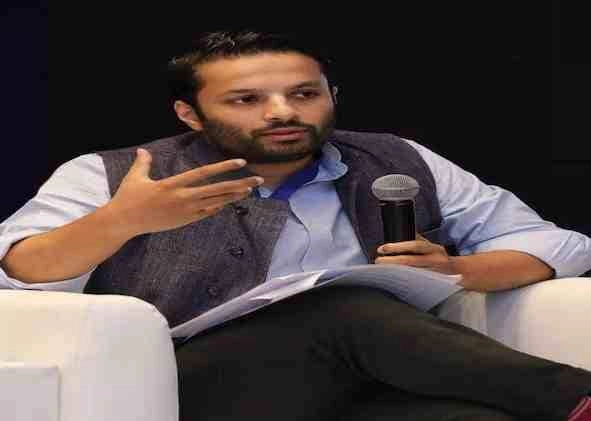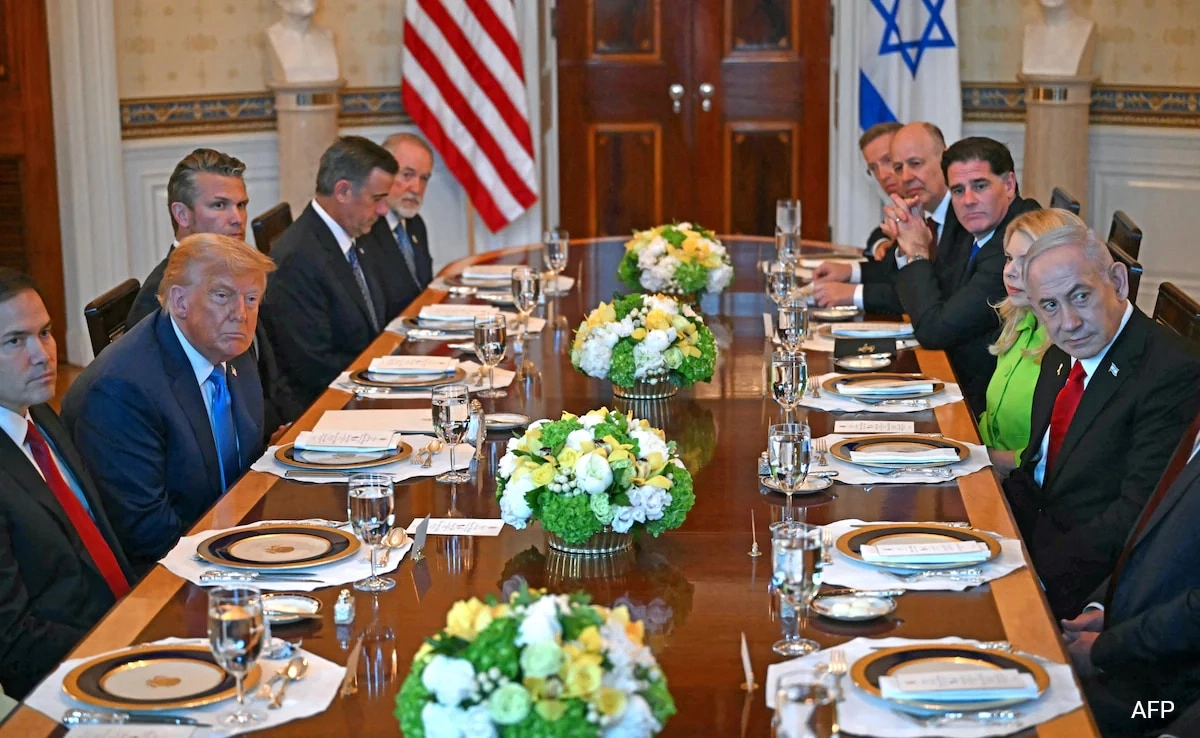Ali Khan Mahmudabad, a professor at Ashoka University, has recently been sent to 14 days of judicial custody following a controversial social media post related to Operation Sindoor. This operation, linked to a sensitive topic, has raised significant public interest and debate, particularly in the context of the ongoing discussions surrounding national security and the implications of state actions. The decision to place Mahmudabad in judicial custody underscores the tensions that can arise when academic discourse intersects with politically charged subjects, especially in a climate where freedom of expression is often scrutinized.
The post in question reportedly contained opinions that many deemed provocative, leading to a swift backlash from various sectors of society. The authorities’ response to this situation highlights the precarious balance between safeguarding free speech and addressing concerns over potential incitement or unrest. Mahmudabad’s detention has sparked a broader conversation about the role of academia in public discourse, the responsibilities of educators in expressing their views, and the potential consequences of their statements in a polarized environment.
Supporters of Mahmudabad argue that his imprisonment is a concerning example of how dissenting voices within the academic community are increasingly being silenced. They contend that such actions could have a chilling effect on free thought and open dialogue, essential components of university life. Critics, on the other hand, assert that public figures, particularly those in educational institutions, must be mindful of their influence and the potential repercussions of their statements on societal stability. This case serves as a reminder of the complexities surrounding academic freedom, responsibility, and the ever-evolving dynamics of public discourse in today’s world.
As the situation unfolds, there are calls for a nuanced examination of the implications of Mahmudabad’s post and the subsequent legal actions taken against him. Many are urging for a robust discussion on freedom of speech, the boundaries of academic expression, and the responsibilities that come with wielding influence in a public forum. The legal proceedings over the next two weeks will not only determine Mahmudabad’s immediate fate but also set a precedent for how similar cases may be handled in the future, highlighting the ongoing tensions between authority and individual rights in contemporary society.




